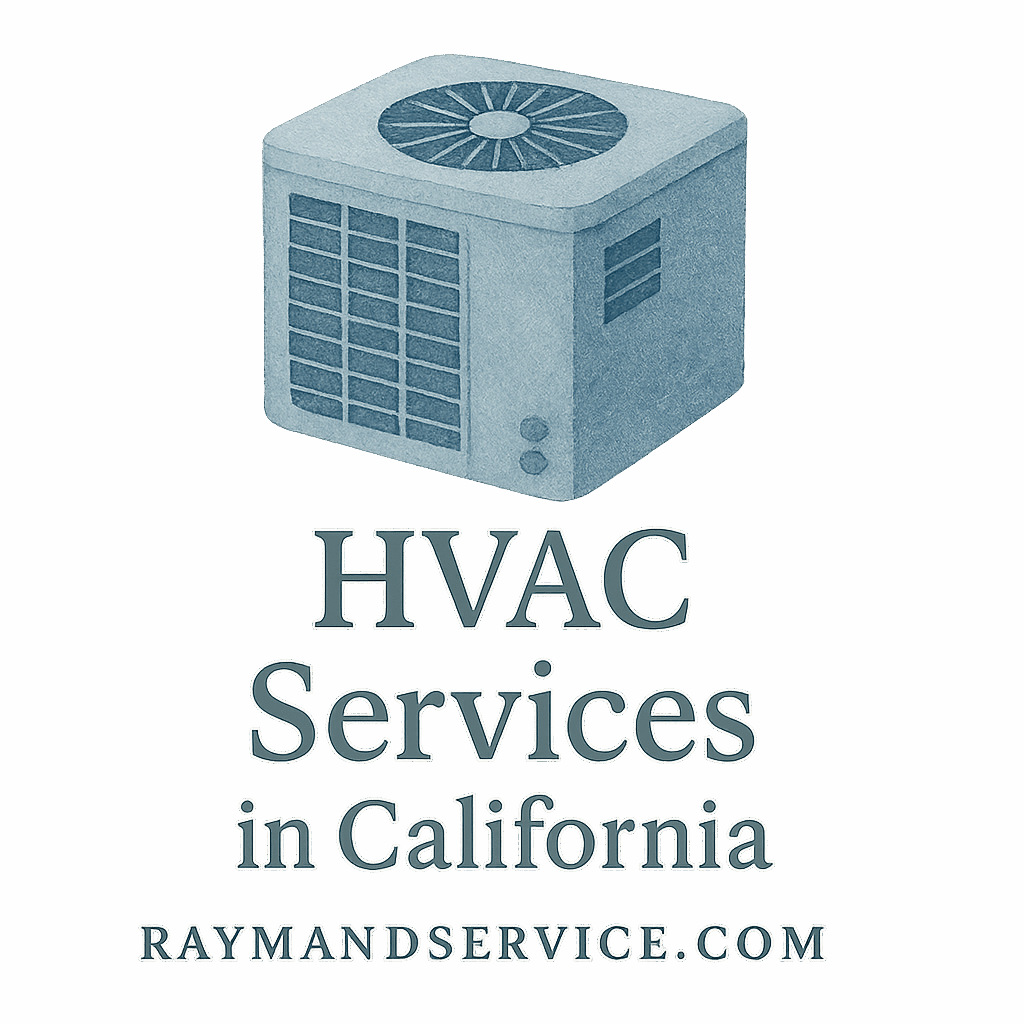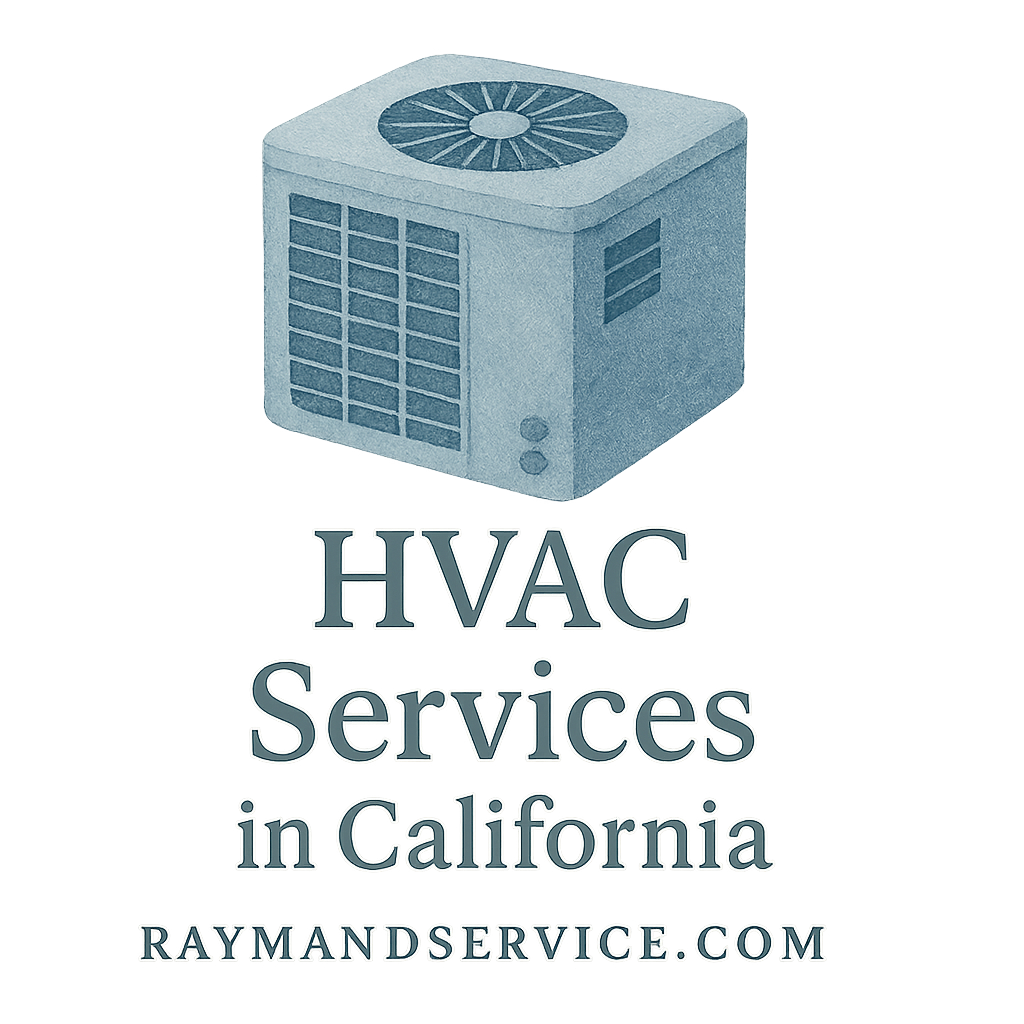Introduction
If you’ve ever wondered why some HVAC companies handle homes while others cater to businesses, you’re not alone. Understanding the differences between residential and commercial HVAC services is key to choosing the right solution for your needs. Whether you’re a homeowner looking to upgrade your A/C or a facility manager overseeing a complex climate control system, these differences matter—a lot!
In this article, we’ll walk you through the six major differences between residential and commercial HVAC systems, helping you better understand which services apply to you and why they matter.
What Is an HVAC System?
HVAC Defined
HVAC stands for Heating, Ventilation, and Air Conditioning. It’s the unsung hero of your indoor environment, keeping you warm in the winter, cool in the summer, and breathing clean, circulated air year-round.
The Role of HVAC in Daily Comfort
Your HVAC system doesn’t just control temperature—it maintains air quality, energy efficiency, and indoor comfort. Whether you’re watching TV in your living room or running a business meeting in a boardroom, your HVAC system plays a silent but powerful role.
1. System Complexity
Residential HVAC System Overview
Residential HVAC systems are designed for single-family homes or small apartment units. They’re usually simpler, smaller, and more compact, often consisting of a split system with an indoor furnace and outdoor A/C unit.
Commercial HVAC System Overview
Commercial systems are another story entirely. They often involve modular, rooftop units, complex ductwork, and advanced zoning to serve large, multi-room or multi-story buildings.
Types of Commercial Systems
- Packaged Units
- VRF/VRV Systems
- Chillers
- Boilers and Cooling Towers
These require specialized design and professional expertise like that offered in Commercial HVAC Services.
2. Installation Requirements
Residential Installation Needs
Home HVAC installation typically involves fewer steps—selecting the unit, installing ducts if needed, and connecting electrical and refrigerant lines. Many homeowners opt for Residential HVAC Services to simplify the process.
Commercial Installation Challenges
Installing commercial systems is a different beast. It demands permits, architectural planning, and coordination with building management, especially when systems must integrate with fire safety and automation controls.
3. Maintenance and Troubleshooting
Frequency of Residential HVAC Maintenance
Residential systems typically need biannual checkups, often aligned with changing seasons. You can find great seasonal support through Seasonal HVAC Services in CA.
Intensive Maintenance for Commercial Systems
Commercial units often require monthly inspections and more intensive care due to their size and complexity. From filter replacements to system rebalancing, commercial care is no small feat.
Importance of Professional Expertise
Luckily, providers like Raymand Service offer expert HVAC Maintenance & Troubleshooting services tailored to both sectors.

4. Energy Efficiency and Upgrades
Energy Use in Homes vs. Businesses
Homes typically focus on personal comfort and monthly utility bills, while businesses care about long-term savings and compliance with energy standards.
Green HVAC Technologies
Smart thermostats, zoned systems, and high-SEER units are popular in both sectors. But businesses often invest in energy audits, automation systems, and advanced building controls.
Eco-Friendly and Sustainable Solutions
Looking to go green? Energy Efficiency Upgrades are available for both residential and commercial systems. Check out eco-friendly solutions and energy-saving options for a sustainable setup.
5. System Size and Design
Compact Residential Units
Your home likely uses a central air conditioner or a ductless mini-split system, built for modest space and easier zoning.
Scaled-Up Commercial Designs
Commercial systems may need to cool entire warehouses or office buildings, requiring larger systems and stronger airflow management.
Custom HVAC Layouts in Commercial Buildings
These systems are custom-designed per building specs, and airflow is often monitored for compliance. Explore commercial-scale airflow solutions here.
6. Cost Differences
Budgeting for Homeowners
Most homeowners invest between $5,000 and $12,000 for a new system, including installation and ductwork. Add maintenance and utility costs, and it’s manageable—but still significant.
Investment in Commercial HVAC Systems
Commercial HVAC can range from tens of thousands to millions depending on the building size and complexity. But here’s the upside: it’s an investment in employee comfort, productivity, and building value.
Explore the cost-benefit analysis on our commercial HVAC services page.
Choosing the Right HVAC Service Provider
Licensed Experts for Residential Jobs
When it comes to your home, you want professionals who understand the nuances of comfort, zoning, and space constraints. That’s where Raymand Service’s Residential HVAC Services shine.
Specialized Commercial HVAC Contractors
On the business side, it’s about expertise in scaling, planning, and compliance. Partnering with a specialist like Raymand Service ensures fewer disruptions and greater peace of mind.
Why It Matters to Know the Differences
Understanding the key distinctions in residential vs. commercial HVAC helps you make smarter decisions, whether you’re booking seasonal maintenance, upgrading to energy-efficient systems, or troubleshooting an issue.
You’ll also know which experts to call—and that’s half the battle.
Conclusion
There’s a world of difference between residential and commercial HVAC services—from system size to complexity, installation, and energy use. Whether you’re a homeowner or a business operator, choosing the right HVAC partner can make all the difference.
Don’t gamble with your comfort. Stick with experts who specialize in your sector, like Raymand Service, and experience comfort the way it’s meant to be.
For tailored services, energy savings, and sustainable upgrades, explore these helpful links:
- Commercial HVAC Services
- Residential HVAC Services
- Energy Efficiency Upgrades
- HVAC Maintenance & Troubleshooting
- Seasonal HVAC Services in CA
And don’t forget to explore topic-specific tags for more insights:
comfort • efficiency • commercial • residential • sustainability
FAQs
1. Why are commercial HVAC systems more expensive?
They’re larger, more complex, and designed to serve multiple rooms or floors with varying climate needs.
2. Can the same company handle both residential and commercial HVAC?
Yes, but make sure they’re licensed and experienced in both. Companies like Raymand Service specialize in both sectors.
3. What’s the biggest maintenance difference?
Commercial systems require more frequent and specialized maintenance due to heavier usage and system complexity.
4. Are energy-saving upgrades available for both systems?
Absolutely. Check out Energy Efficiency Upgrades to see what’s available.
5. How do I know if my system is inefficient?
High utility bills, uneven temperatures, and unusual noises are common warning signs.
6. Is airflow more important in commercial spaces?
Yes, due to occupancy and zoning. Check out airflow tips here.
7. Are green HVAC systems worth the cost?
Yes! They save money in the long run and reduce your environmental impact. Explore green HVAC options today.


